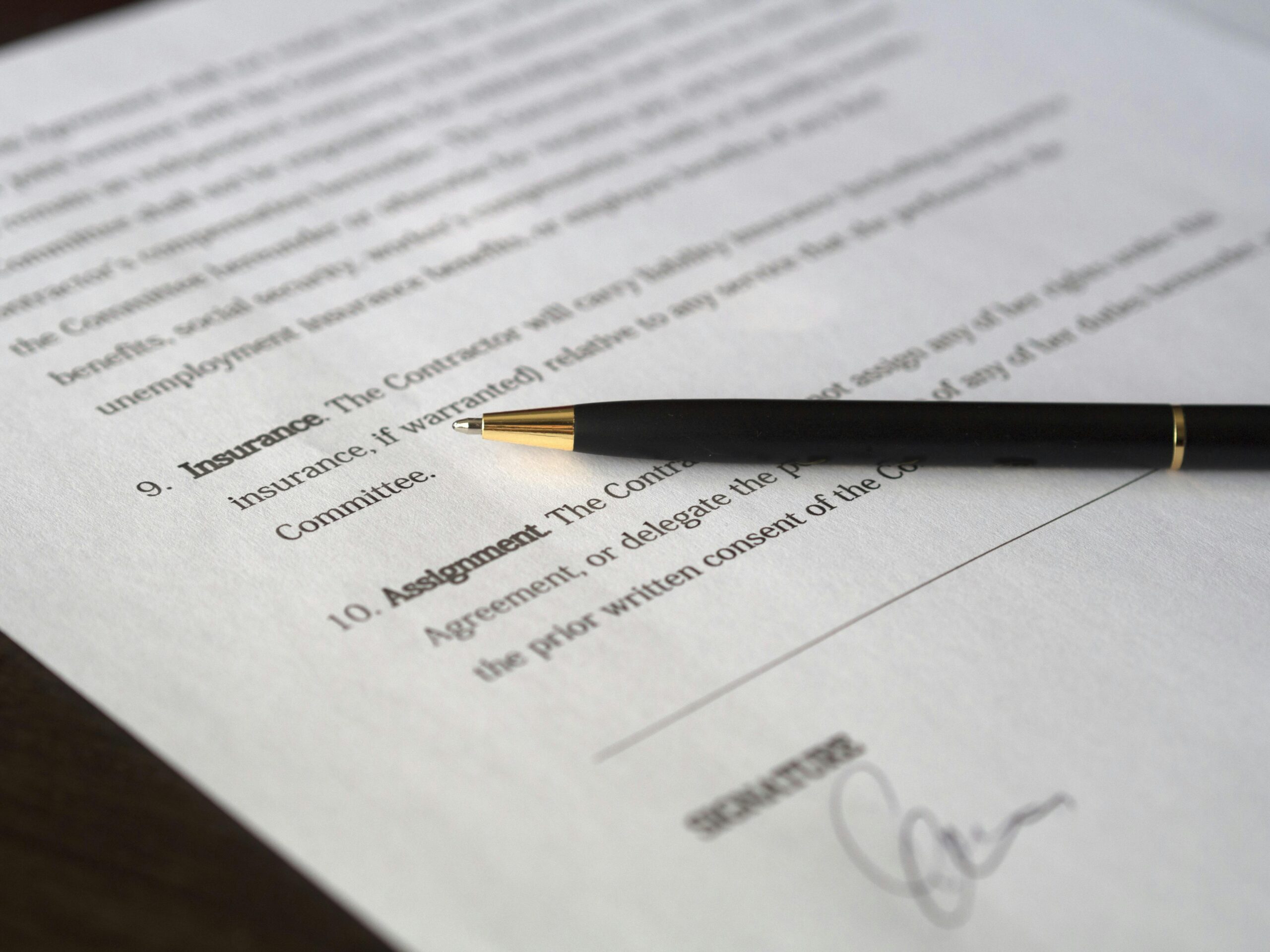Unlike personal car insurance, which is designed to cover daily commuting and personal errands, business use insurance has specific requirements and considerations.
If you’re involved in a business-related car accident, consulting a Mesa, AZ car accident lawyer might be necessary to understand your legal rights and responsibilities. Here’s a comprehensive guide to navigating car insurance for business use to ensure you’re adequately covered and compliant.
Understanding Business Use Insurance
Personal vs. Business Use:
- Personal Use Insurance: Covers commuting to and from work, personal errands, and leisure driving. It’s generally less expensive because it assumes a lower risk profile.
- Business Use Insurance: Includes coverage for driving related to business activities, such as meeting clients, delivering goods, or transporting business equipment. This type of insurance often has higher premiums due to the increased risk associated with business driving.
Types of Business Use Insurance:
- Business Auto Policy (BAP): A comprehensive policy designed for vehicles used primarily for business purposes. It covers liability, physical damage, and other potential risks.
- Commercial Vehicle Insurance: For vehicles specifically used in business operations, such as delivery trucks or service vans. This insurance can include additional coverages like cargo insurance.
- Hired and Non-Owned Auto Insurance: For businesses that use vehicles not owned by the company but are used for business purposes, including rented or employee-owned vehicles.
When Business Use Insurance is Necessary
- Driving for Business Meetings: If you frequently drive to client meetings or business appointments, business use insurance is essential.
- Delivery and Transport: For businesses involved in delivering goods or transporting equipment, a commercial auto policy is often required.
- Employee Use: If employees use their personal vehicles for business tasks, you may need to consider non-owned auto coverage.

Determining Coverage Needs
- Liability Coverage: Protects against damage or injury caused to others in an accident. This includes both bodily injury and property damage liability. Ensure you have adequate limits based on your business’s risk exposure.
- Collision Coverage: Covers damage to your vehicle resulting from a collision, regardless of fault. This is crucial for vehicles used in daily business operations.
- Comprehensive Coverage: Provides protection against non-collision-related damage, such as theft, vandalism, or natural disasters.
- Medical Payments Coverage: Covers medical expenses for injuries sustained by the driver and passengers, regardless of fault.
- Uninsured/Underinsured Motorist Coverage: Protects you if you’re involved in an accident with a driver who lacks sufficient insurance.
Evaluating Your Business Risk
Assess the type of business you operate and the risks associated with your vehicle use:
- High-Risk Activities: Delivery services, transportation of hazardous materials, or frequent long-distance driving may require higher coverage limits and additional protections.
- Vehicle Type and Usage: The nature of your vehicle (e.g., passenger car vs. commercial truck) and its primary use (e.g., client transport vs. equipment delivery) influence the type of coverage needed.
Reporting and Documentation
Accurate Records: Maintain detailed records of vehicle use, including mileage logs and business-related driving documentation. This can help in accurately assessing your insurance needs and in the event of a claim.
Insurance Policies: Review and update your insurance policies regularly to reflect changes in your business operations or vehicle use.

Choosing the Right Insurance Provider
Compare Quotes: Get quotes from multiple insurance providers to find the best coverage and rates for your business needs.
Check Reviews and Ratings: Look for providers with strong reputations for customer service and claims handling.
Consult an Insurance Agent: A knowledgeable agent can help you understand your options, recommend appropriate coverage, and tailor a policy to your specific business needs.
Legal Requirements and Compliance
Ensure you comply with state and federal regulations regarding commercial vehicle insurance. Some jurisdictions have specific requirements for businesses operating vehicles, and non-compliance can lead to penalties or legal issues.
Navigating car insurance for business use involves understanding the differences between personal and business coverage, assessing your specific needs, and ensuring you comply with legal requirements. By carefully evaluating your risk and working with an experienced insurance provider, you can secure the appropriate coverage to protect your business and assets effectively.






